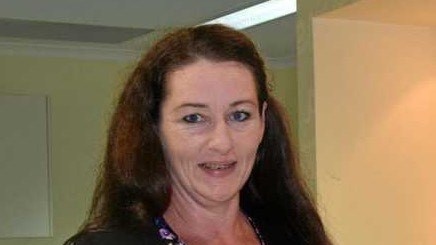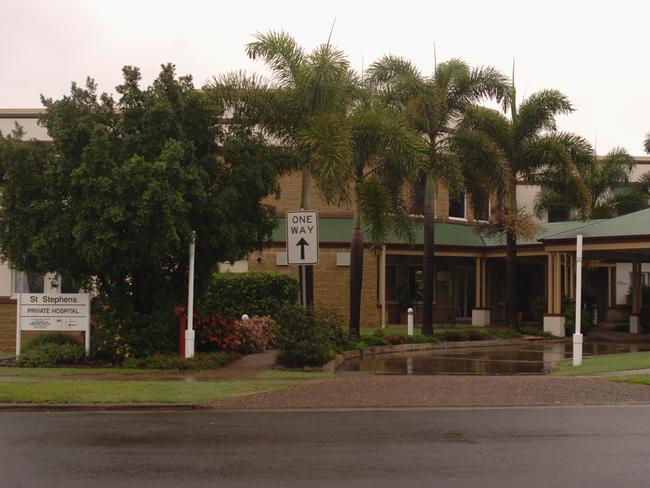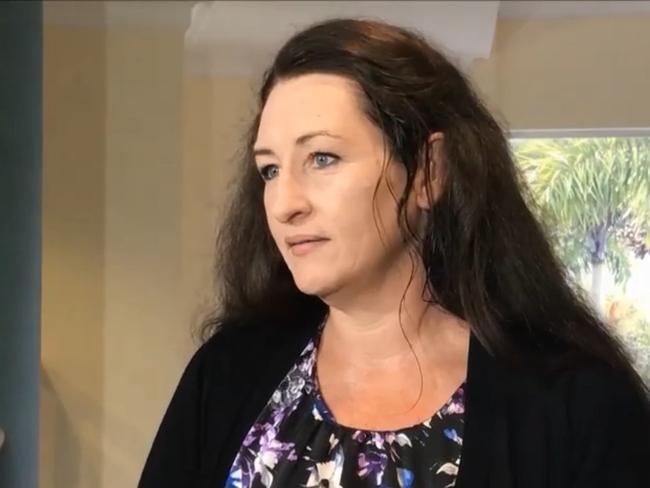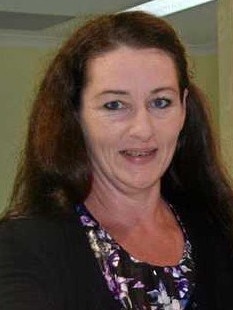Karma Melissa Donald in court for $50,000 fraud
A kindergarten committee president’s misguided plan to buy a $1.5 million private hospital and turn it into a community hub went badly wrong, and when it all fell apart, the money was gone.

Police & Courts
Don't miss out on the headlines from Police & Courts. Followed categories will be added to My News.
A “benevolent” endeavour to buy an old private hospital and convert it into a community hub turned sour when the trusted president of a Maryborough kindergarten committee used $50,000 provided by the organisation for her own purposes.
Karma Melissa Donald, 44, pleaded guilty to one count of fraud when she faced Hervey Bay District Court this week.
Crown prosecutor Katrina Overell said Donald had been the president of the committee of Carramar Community Kindergarten and Pre-School.
Donald had discussed the possibility of expanding the kindergarten by moving to another location, Ms Overell said.
A block of land in John St next to St Stephen’s Private Hospital was one possibility, she said.
The hospital itself was also a possibility and during a meeting, a selling price of $1.5 million was indicated.
Donald became enthusiastic about transforming the hospital into a community hub, Ms Overell said.
Donald, along with others, registered a business called Nourish Maryborough Ltd.
In 2017, the kindergarten had a term deposit of $50,000 maturing in a bank account.

A committee meeting was held in which the future of the kindergarten was discussed, but there was no discussion regarding what would happen with the $50,000, the court heard.
On December 29, 2017, money was transferred to the Nourish bank account.
The director of the kindergarten believed they were investing the money in a term deposit, Ms Overall said.
Before the meeting, a $10,000 deposit had been made on a contract to buy the hospital, which came from an anonymous donor.
That donor remained unidentified, Ms Overell said.
Donald and others involved in the project campaigned to raise interest and gain support, receiving letters of support from a number of sources.
Donald featured on the news and in newspaper articles to raise support, Ms Overell said.
Without authorisation, in December, 2017, she transferred $40,000 and $10,000 from the kindergarten’s bank account into a trust fund for a deposit on the hospital.
Another $50,000 was loaned by a community member towards the project.
In emails sent to the ANZ bank, Donald said she had raised $300,000 for the deposit, but was told she needed about $550,000.
When the sale of the hospital fell through, she did not return any of the funds, Ms Overell said.
Instead, she withdrew $20,000 from those funds and paid herself $10,000 into her deceased mother’s bank account, then made a cheque out for a second person for the remaining funds and gave it to her “as a gift”, Ms Overell said.
The second woman retained the money in her bank account but did not spend it, the court heard, and after a conversation with the community member who had loaned the $50,000, his money was returned, which is what should have happened with the kindergarten’s funds as well, Ms Overell said.
During the next 12 months, Donald opened a furniture bank which bought and sold second-hand furniture as some kind of fundraiser, the court heard.
That was done without the permission of the kindergarten and was “bound to lose money”, incurring more than $20,000 in rent.
The remaining funds were spent on “miscellaneous purchases”, business expenses, a trip to Brisbane with another woman for a “professional development seminar” where they stayed the night and bought food and alcohol.
Other money was spent at Bunnings, restaurants, liquor stores and auto shops.
When a new president of the kindergarten was elected in April, 2018, she noticed anomalies in the finances and demanded the records from Donald, Ms Overell said, as well as explanations about the $50,000.

Donald ignored emails at first but then provided some information.
Solicitors were engaged and promises were made to repay the funds by the end of 12 months, but Donald and the other woman admitted they could not repay the money at the agreed time.
A complaint was made to police in 2019 and an investigation ensued.
The other woman repaid $10,000 of the money given to her by Donald and provided a witness statement to police.
“The defendant’s conduct seems to be informed by some grandiose vision to benefit the community,” Ms Overell said, but also to benefit herself.
“It was revealing to note how quickly after a benevolent but misguided attempt to buy the property she helped herself to nearly half of the funds and gave half to (the other woman), possibly to shield herself from blame.”
The impact on the kindergarten had been described in a victim impact statement, Ms Overell said.
The loss of the $40,000 had left them in dire financial straits, she said.
Ms Overell said Donald’s actions were a “gross breach of trust”, although there were others who had moral culpability.

In her defence, Donald’s actions were described as being a distinguishable dishonest act in the pursuit of the benevolent purpose.
Turning the hospital into a health hub was something Donald and the others involved had been passionate about, the court was told, but it was a “pipe dream”.
They had fed off each other’s enthusiasm and shared the culpability.
“Really, there should be others in the dock with Ms Donald,” the court was told.
Donald and the others involved were “utterly incapable of properly pursuing to completion an enormous property development, multiple leasing health precinct”, it heard.
Donald had paid a $5000 payment towards restitution for the kindergarten and she had applied for a personal loan to repay the money.
She worked for Fraser Coast Disability Services, in large part with people who had acquired brain injuries.
Donald was “willing and able to pay restitution”, the court heard.
Judge Michael Burnett said it was evident from her references that Donald was a very community minded person.
The offending didn’t only involve her but also two other people, who it seemed had a moral culpability, he said.
Mr Burnett said those involved had “fed off each other’s excitement” and the delusion that they would have the capacity to undertake such a project.
He said Donald had failed to recognise the need to adopt due process and had allowed her ego to take over.
Donald was sentenced to two and a half years in prison, wholly suspended for four years and she was ordered to pay $25,000 in compensation.




